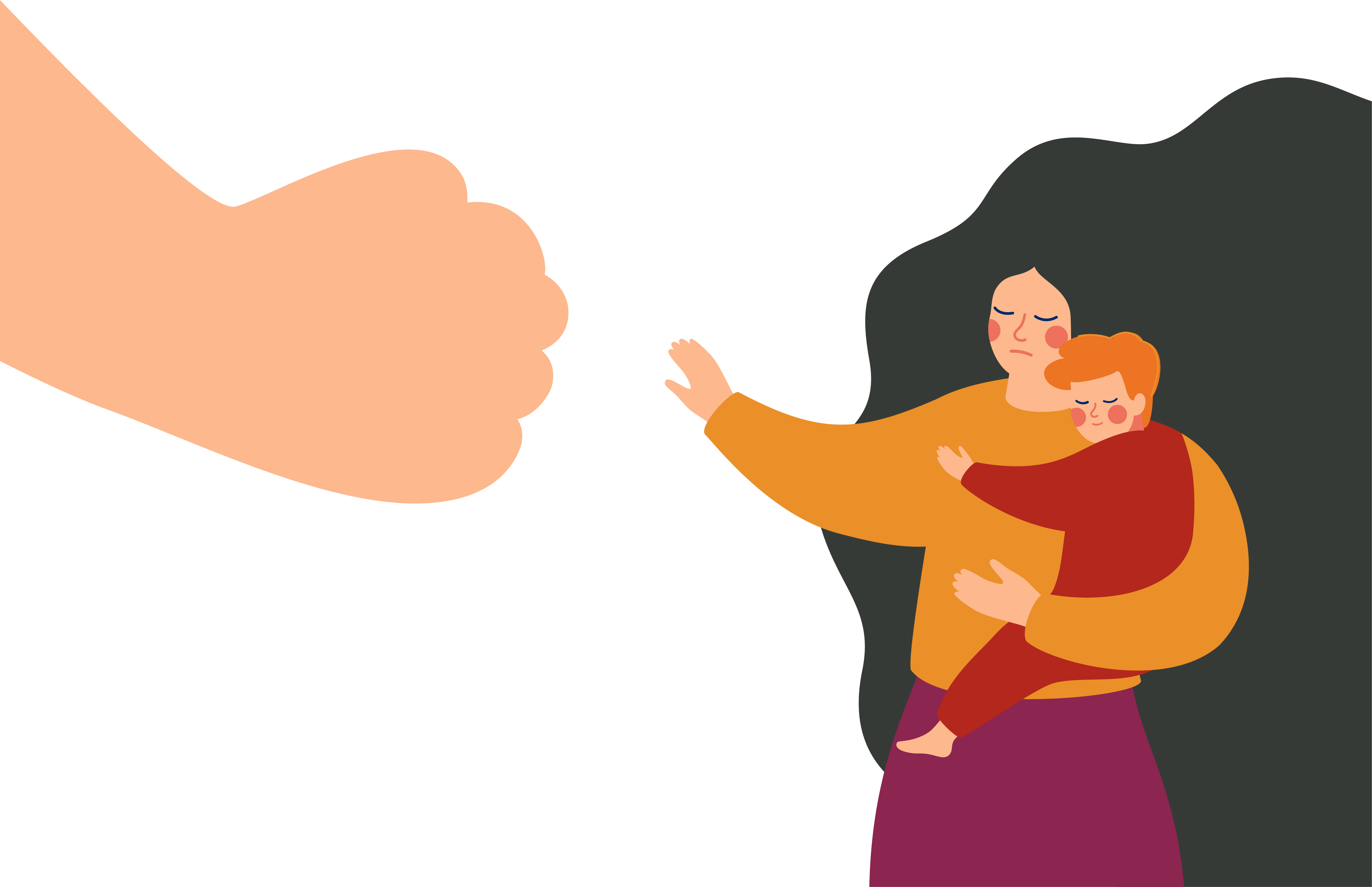DEFINITION OF VIOLENCE
Intimate Partner Violence
Does your partner or ex-partner :
- devalues you?
- constantly controls and checks your schedule, your messages, your phone calls, your e-mails?
- hits you, yells at you, threatens you, insults you, breaks things?
- takes your identity papers, your bank cards?
- forces you to have sex?
- doesn't want you to see your friends and family anymore?

Do you see yourself in these few lines? Then you may be a victim of violence. Everyone can be confronted with intimate partner violence at one time or another (regardless of age, social origin, gender, income, culture or family of origin).
What is the difference between conflict and partner violence?
All couples can experience conflicts, but when can we talk about domestic violence? Several criteria can be taken into account:
- The desire to dominate/control the other
- The repetition of facts
- The seriousness of the facts
Domestic violence : definition
Violence in intimate relationships is a set of behaviours, acts, attitudes, of one of the partners or ex-partners that aim at controlling and dominating the other.
They include verbal, physical, sexual or economic aggression, threats or coercion that are repeated or are likely to be repeated, and that affect the integrity of the other person and even his or her socio-professional integration.
Such violence also affects the victim's and the perpetrator's environment, including other family members, including children.
Alcohol, drugs and stress may encourage the expression of violence, but none of these can justify it.
References : sosviolenceconjugale.ca // domesticviolence.gouv.qc.ca
